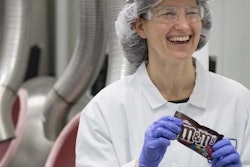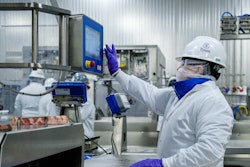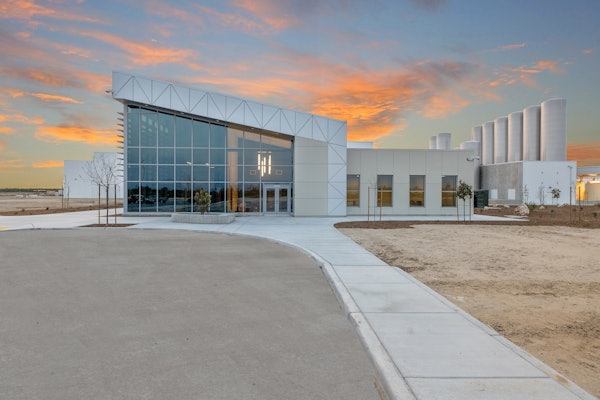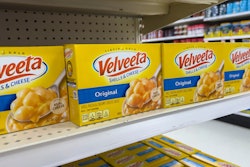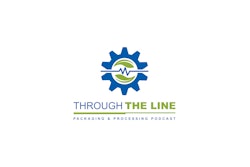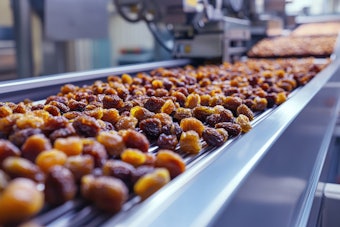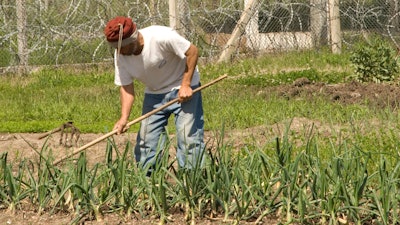
A sweeping two-year investigation by the Associated Press has tied some of the biggest food companies to labor performed by prisoners throughout the U.S. penal system—a practice that many of these same companies have policies against. It’s also a practice for which the U.S. has banned shipments of cotton from China for doing the same, according to a report published on CNBC.
In one case, prison-raised cattle from the Louisiana State Penitentiary—where men are sentenced to hard labor and paid pennies, if anything—find their way into the supply chains of giants like McDonald’s, Walmart, and Cargill. In other cases, goods that prisoners produce end up in a wide range of name brand products, from Frosted Flakes cereal and Ball Park hot dogs to Gold Medal flour, Coca-Cola, and Riceland rice, the AP reports.
Though proponents of the labor argue that the prisoners are learning important skills while repaying their debt to society, those prisoners are among the most vulnerable laborers. If they refuse to work, the AP notes, they might be jeopardizing their chances at parole or face other punishments. They also are often excluded from common protections, even when seriously injured or killed on the job.
“They are largely uncompensated, they are being forced to work, and it’s unsafe. They also aren’t learning skills that will help them when they are released,” law professor Andrea Armstrong, an expert on prison labor at Loyola University New Orleans, told the AP. “It raises the question of why we are still forcing people to work in the fields.”



